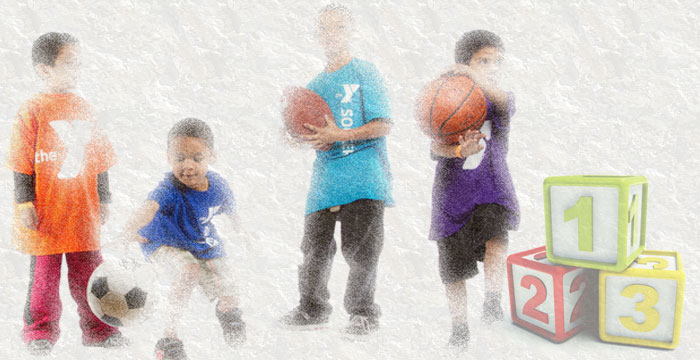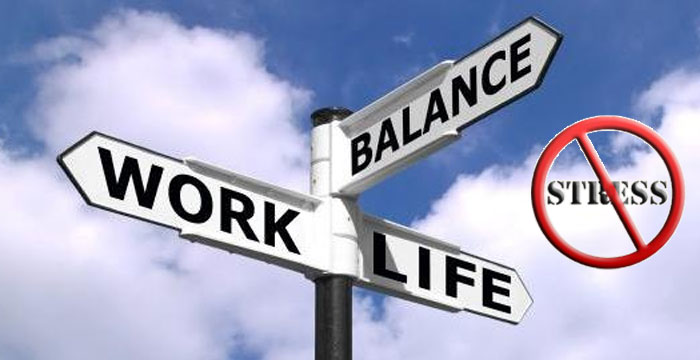I read an article I loved and thought it would be helpful to share and offer my own thoughts. The article that inspired me to write this article can be accessed by clicking here. I hope you find my thoughts (below) helpful.
Being a goaltender in hockey is one of the most demanding positions. A goalie is a part of team; however, they have a separate and distinct position. The position requires patience, focus, quick reflexes and reaction time, and mental toughness. Spectators and teammates remember more easily the goals scored in a game as compared to the number of shots saved by a goaltender. However, the goalie needs to remain confident in his ability, let go of errors and refocus on the next play. Once a goaltender allows a negative feeling, thought or doubt to enter into his mind, in will affect his performance. It takes his focus out of the present moment. In this article Mike Smith, a goalie for the Arizona Coyotes, discusses his experience with sport psychology consulting. Below are a few quotes from the full article that are easily applicable to any sport. I have inserted my thoughts below each quote:
“Whether it’s a good experience or you’re coming out of the game not feeling too good about yourself, I think it’s important to have someone that’s not involved in the team and doesn’t have anything to do with hockey or our team that you can throw ideas off of,”…. “That’s very important.”
Psychological skill- Openness to an objective professional. Consulting with a sport psychologist, is all about improving performance in a positive and measurable manner. While initially skeptical, Smith was able to see the value in improving the psychological side of his game and learn things from a different perspective.
“I think I had too high expectations for both (myself and the team last season),” Smith said. “When you start a season, your goal is to make the playoffs and win the Stanley Cup. When you get so far behind the eight ball to start the season that it’s so hard to recover from, I think it wears on you and it’s just frustrating when you don’t win and you don’t succeed and you have goals that are unreachable because you’re so far away from them”.
Psychological Skill= Positive Self talk
Adjusting thoughts and unrealistic expectations of perfectionism. Great athletes expect to perform well all the time and place a great deal of pressure on themselves. Adjusting thoughts, from “We are never going to make the playoffs if I continue to play like this” to “It’s one goal, not the entire season… I’ll do my best to stop the next one…Keep your head in the game.”
“If I play up to my capabilities and do everything I can to do my job and not worry about stuff that I can’t control,” he said, “then we’ll be in hockey games.”
Psychological Skill= Embracing and trusting the process.
Too often we become focused on the outcome or result of our performance. Additionally, we try to control too many things that are outside of our control. This takes us out of the present moment and task at hand. If you have set up a game plan with your coaches and support staff that focuses on skill development in practice and in games, you need to follow and trust the process. When you work towards your goals, results will come.
“He went from recording a 3.51 GAA (goals against average) and .887 save percentage before the break to a 2.81 GAA and .920 save percentage afterwards”
Psychological Skill= Goal setting
Finding a way to track performance in a measureable and specific method is of great value. In a goaltender’s case, we can look at the GAA (goals against average) and save percentages.
Take Home,
- Keep your thoughts and expectations realistic and positive. This applies to personal expectations and
team expectations. - Embrace the process of working towards excellence, not perfection. If you are working hard each day in
practice to make your game better, trust that results will follow - Keep your focus in the present, not past or future.
- Remain flexible in your approach to your game. While physical skills are a solid foundation, working on
psychological skills will bring your game to the next level.
I hope you are beginning to see that the skills discussed above apply to all performance situations in life. Whether you are an athlete, student, coach, parent, executive, or a person in a high risk occupation, there are always psychological skills that need improvement and revision. Periodically, perform a self-inventory and identify areas for improvement in your mental game. From youth development all the way to professional athletes, “PERFORMANCE HAS NO LIMIT”.
John E. Macri, Ph.D., CC-AASP runs a private practice in Ridgewood New Jersey, New Jersey Clinical and Sport psychology. He is a licensed psychologist, sport psychologist, and school psychologist who specializes in increasing performance in all facets of life. He is available for psychological testing and assessment, speaking engagements, individual consultations, and team/business consultations. He can be reached at 201-445-3306 and john@newjerseycsp.com.




